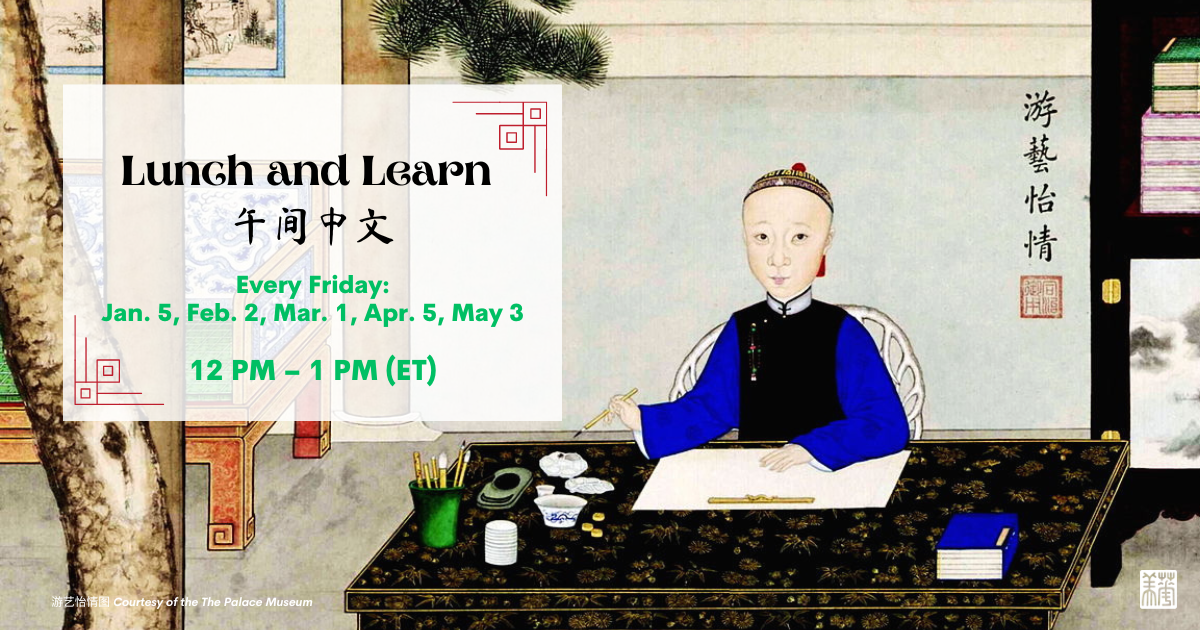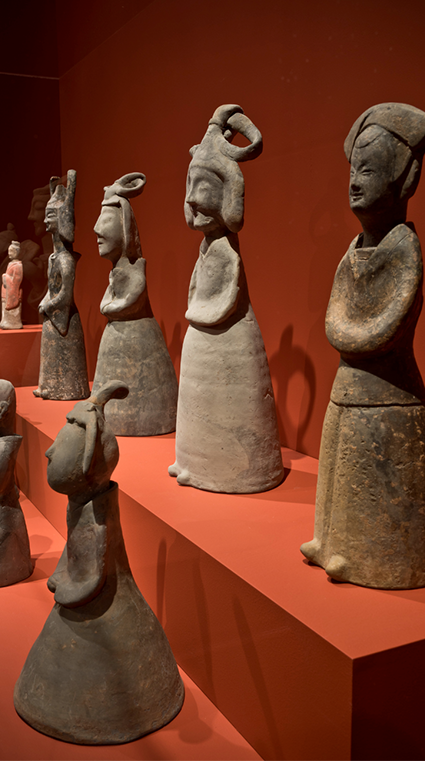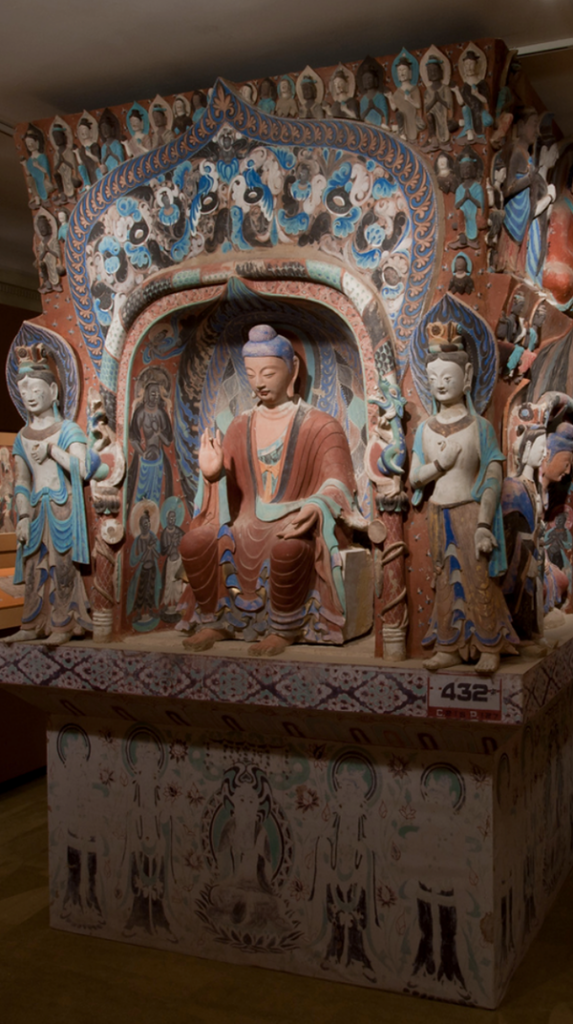In-Person
China Institute Gallery Presents Shan Shui Reboot: Re-envisioning Landscape For a Changing World
March 7, 2024 - July 7, 2024
In-Person
AAPI Month Program
An American Solider —
Conversation with Tony Award and Grammy Award Winner David Henry HWANG; Chay YEW; and Carolyn KUAN About the Powerful Opera Commemorating a Soldier’s Racially Charged Tragedy
Wednesday, May 1, 2024 | 7:00 - 8:15 PM ET
In-Person
AAPI Month Program
Meet the Artist
Exploring the Creative World of Yang Yongliang
Tuesday, May 7, 2024 | 6:00 - 7:00 PM ET
In-Person
AAPI Month Program
Visionary Dialogues:
Shan Weijian on Crafting the Future of Global Investments and China’s Economy
Friday, May 17, 2024 | 6:00 - 7:30 PM ET
In-Person
AAPI Month Program
Tea For Harmony
Xinyang Maojian Tea Cultural Fair
Thursday, May 23, 2024 | 4:00 - 6:00 PM ET
In-Person
AAPI Month Program
TAN DUN in CONCERT
with the Dunhuang Ancient Music Ensemble
Sunday, May 12, 2024 | 6:00 - 7:30 PM
Join us on Sunday, May 12 from 6:00-7:30 pm for a rare opportunity to hear composer/conductor Tan Dun perform new musical pieces with the Dunhuang Ancient Music Ensemble. Tan Dun will discuss his creative process and inspirations throughout the program.
Tickets on sale now!
Online
Lunch and Learn
Friday, May 3 | 12:00 - 1:00 PM EDT
Partner Event
The Serica Initiative
AAPI Women's Gala 2024
Tuesday, May 14, 2024
Tribeca 360, NYC
Upcoming Events

A history of sharing culture
Founded in New York City in 1926 by American educators John Dewey, Paul Monroe, and Chinese scholars Hu Shi (胡適) and Kuo Ping-Wen (郭秉文), China Institute in America is an internationally-renowned U.S. nonprofit organization dedicated to deepening the world’s understanding of China through programs in art, business, culinary, culture, and education.
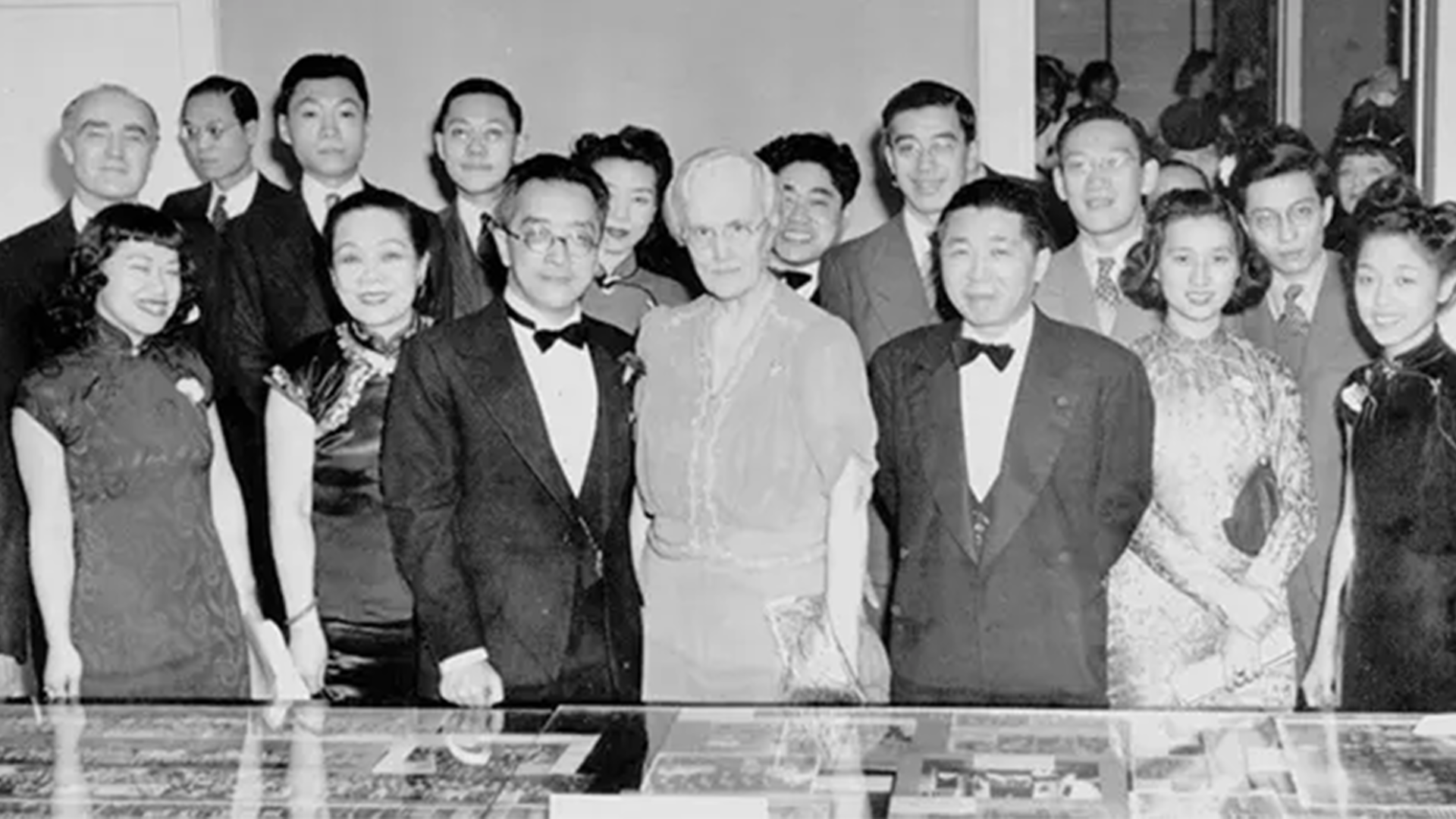
A history of sharing culture
Founded in 1926 by American educators John Dewey, Paul Monroe, and Chinese diplomats Hu Shi (胡適) and Kuo Ping-Wen (郭秉文), China Institute is the oldest bicultural, non-profit organization in America to focus exclusively on China.
School of Chinese Studies
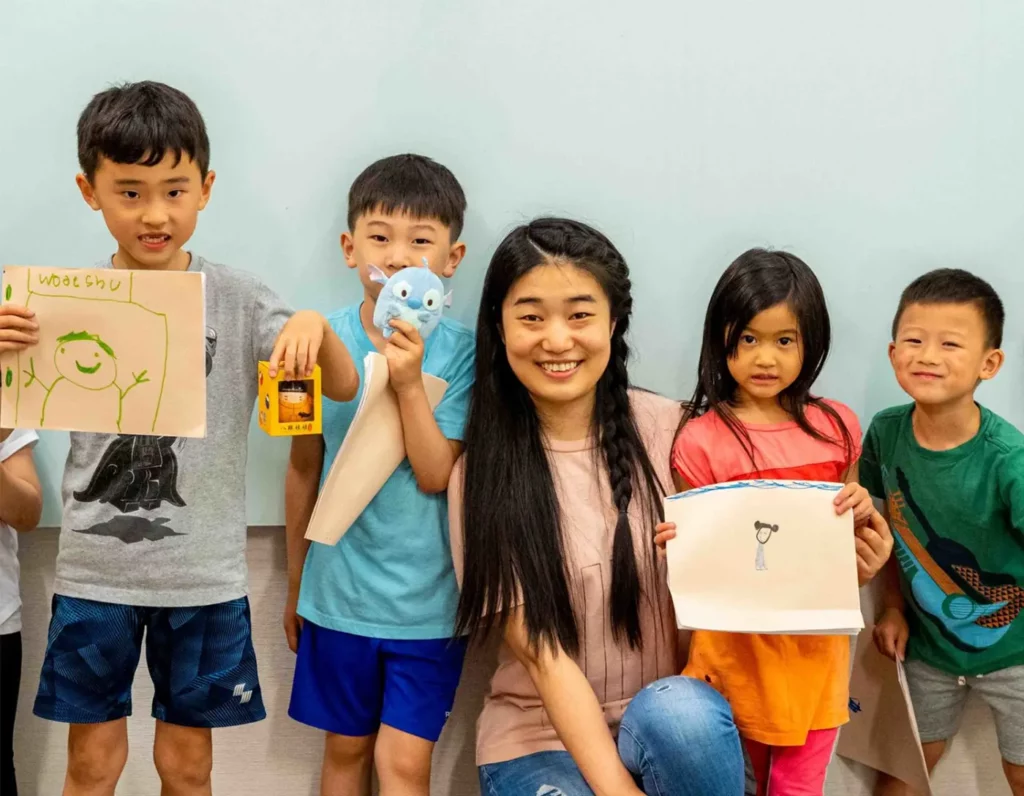
Culinary Center
Soon to debut in 2024, the Chinese Culinary Center at China Institute in America was created with a vision to highlight the diverse and long-standing heritage of authentic Chinese cuisine, and to enhance the appreciation of Chinese cuisine as a new conduit of cross-cultural exchange in America, and internationally.








